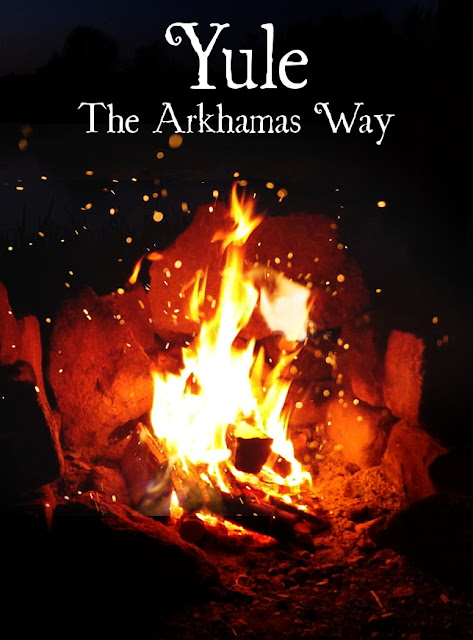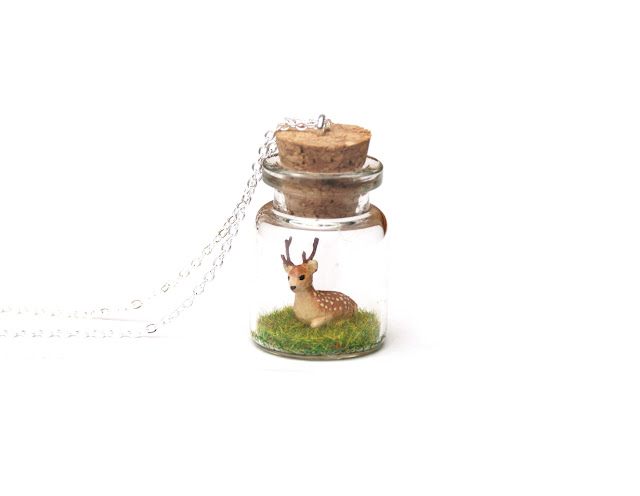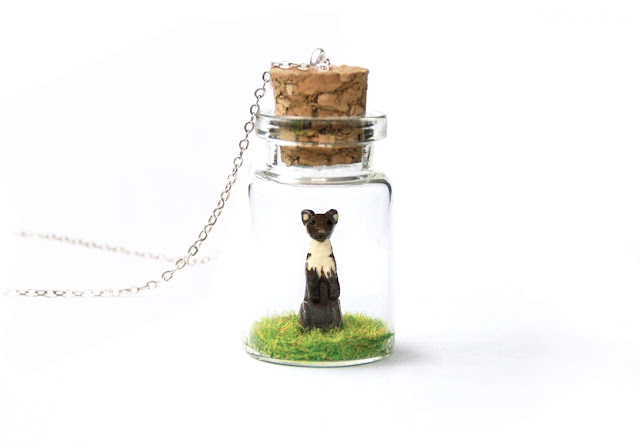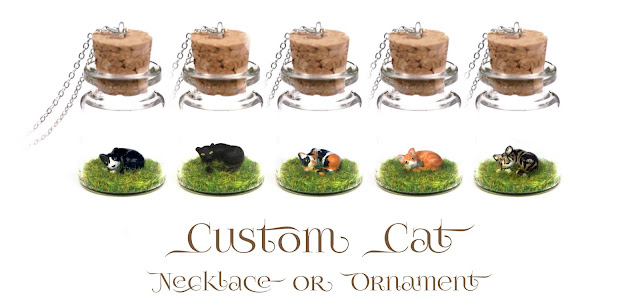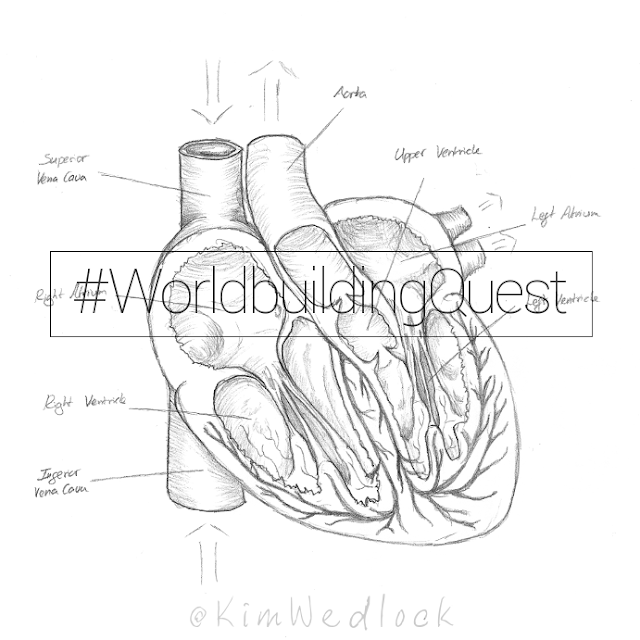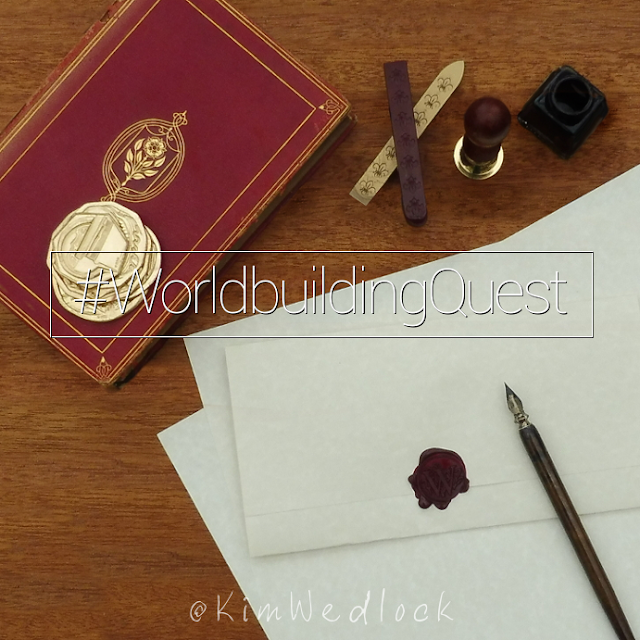It's remarkable how much calmer I've gotten since autumn set in. It's cooler now, the days are shortening, evenings drawing in, there's spice in damn near everything, and Hotel Chocolat have brought their autumn selection back - easily one of my favourites.
I've learned a lot about myself this year, and there are two things in particular that have been crucial.
First, I realised that, while I love Christmas, it's not Christmas Day I really care for anymore. It's December 1st to the 24th. It's the atmosphere, the food, the decorations, the music, the yoga under the tree lights on dark mornings. The reason that's important is because it quite suddenly takes the strain off of a single day to be 'perfect' - even though my idea of a 'perfect' Christmas has come to just mean 'tolerable', which in turn really just means my oldest nephew behaves for the hour he comes to visit (not easy for a 10 year old).
By realising it's the 1st to the 24th that matter, it means that, if one day in those 3 weeks isn't particularly good, it's okay, because there are 23 more, and I have that much time to bring the year to a good and enjoyable end. It also makes Christmas as a whole so much less stressful.
The second is understanding the awful misery I get in the summer - and why I feel so freaking good right now.
Come June, I always begin to experience feelings of being trapped, that I live my life - my days, my weeks - by the same routine I have done for 10 years and that I have nothing at all to look forward to except more of the same. And it makes me angry on top of miserable because I know that it's not something I can change by adjusting my lifestyle. My mum isn't going to suddenly get better, which means that I must remain living at home and stuck indoors at all times until we're in a position to get help.
The funny thing is, staying in has never actually bothered me - I was always an indoor teenager - and I never really notice it until the heat moves in. You might think "that's normal - it's because the weather's nice! You just want to get outside." Erm, no. I hate the heat. My ideal days are cold and rainy.
It was actually my honeymoon that threw the whole matter into perspective.
We had an unseasonal heatwave in England in late April/early May this year, and I remember feeling suddenly depressed, lazy, angry, and that I had nothing to look forward to and life was a dreary hole. Until I realised that, actually, I had my honeymoon coming up in two weeks in an amazing cabin by a lake, something I'd been excited about it since we booked it a year and a half before. Bang. What was I really feeling trapped by? What was really inescapable, day after day? Heat. When it's uncomfortably warm every single day and there's nothing you can do but sit in front of a fan in your underwear with no skin contact and 0 concentration or ability to get anything done.
We went on our honeymoon and it was, genuinely, the best holiday I've ever had in my life, both for the company and location. And the heatwave had passed just beforehand, too, and I was feeling much happier until it set back in in July. And then I was miserable again until this month, when it began at last to cool down.
I've found myself sighing in contentment even though my days have gone the same way they have all year - in fact, I've had additional stress these past couple of months in particular. And yet, I find it so easy to smile. I spontaneously tell my husband I love him every hour rather than every four. I'm sleeping better, I'm less rigid in bed, my neck doesn't tighten up. The world is a brighter place.
Because it's below 18 degrees.
I've always said I'm a winter girl, but I don't think that's necessarily true. I am just absolutely
not a summer girl.
SAD (
seasonal affective disorder) is usually associated with the onset of winter, but it turns out that I genuinely suffer it during the summer. Fortunately (?) Etsy tends to slow down in the summer, so I have less work to do and subsequently less to focus on, and while it's not easy to sit and write in the heat (thinking, urgh), it's easier than a lot of other kinds of work.
Now autumn has set in, my productivity is up, both on my writing, on
Etsy and in my workouts. I'm also generally keen to
do stuff now, and went out to Westonbirt Arboretum for the equinox with my parents (wheelchair accessible, yaaaay). There were leaves, cake and dogs. Good times.
What's your favourite thing about autumn? Aside from pumpkin spice, Halloween or changing leaves.



